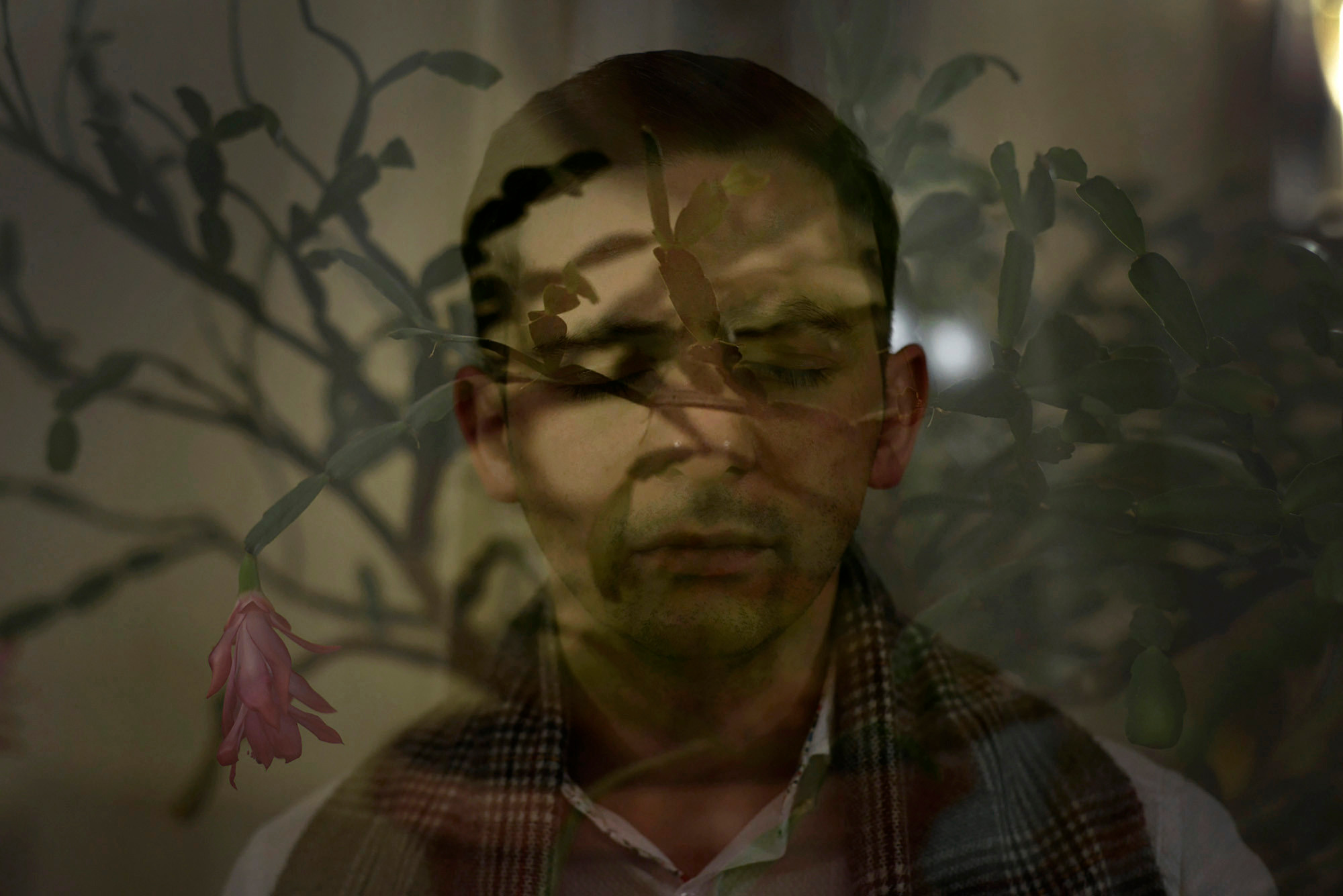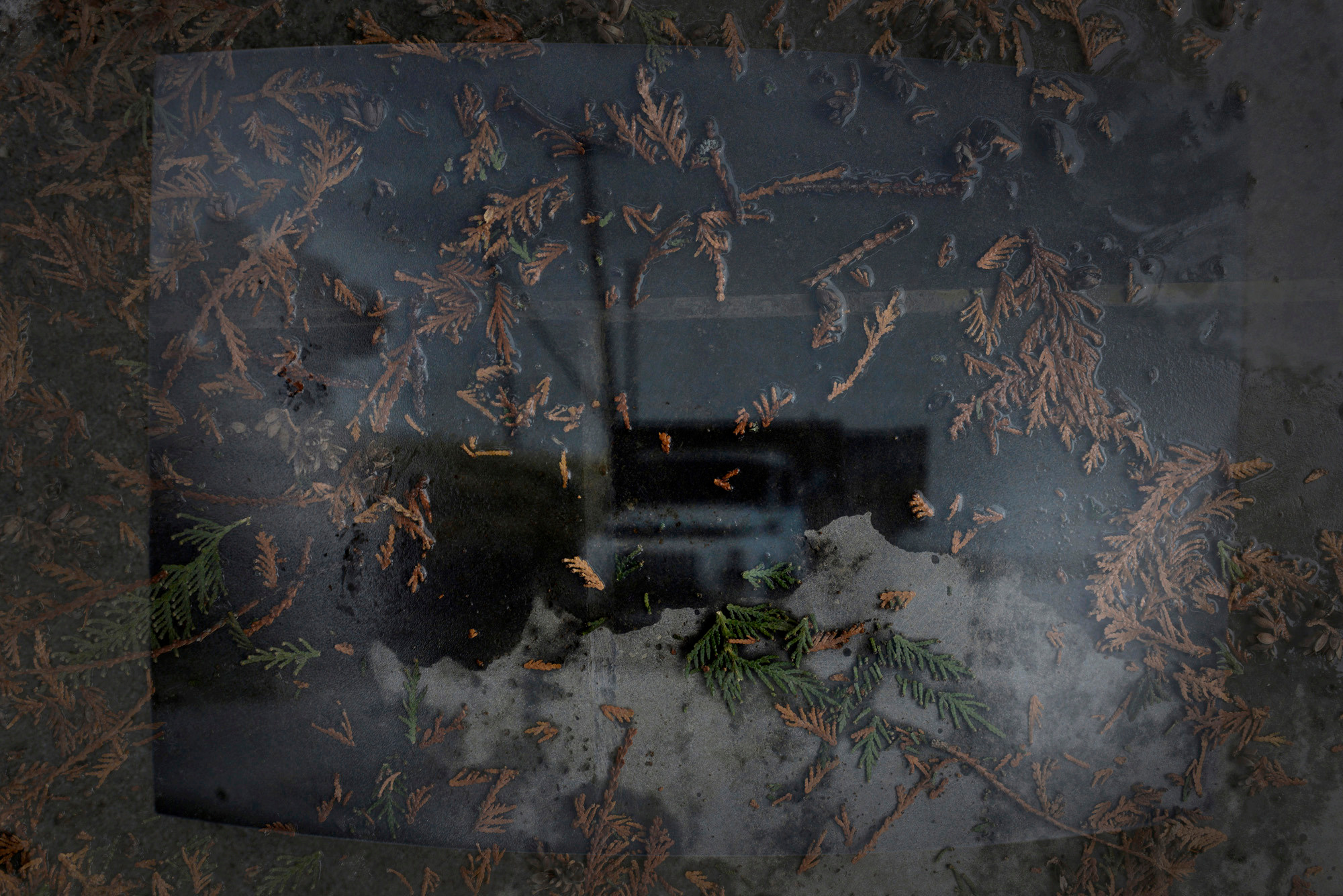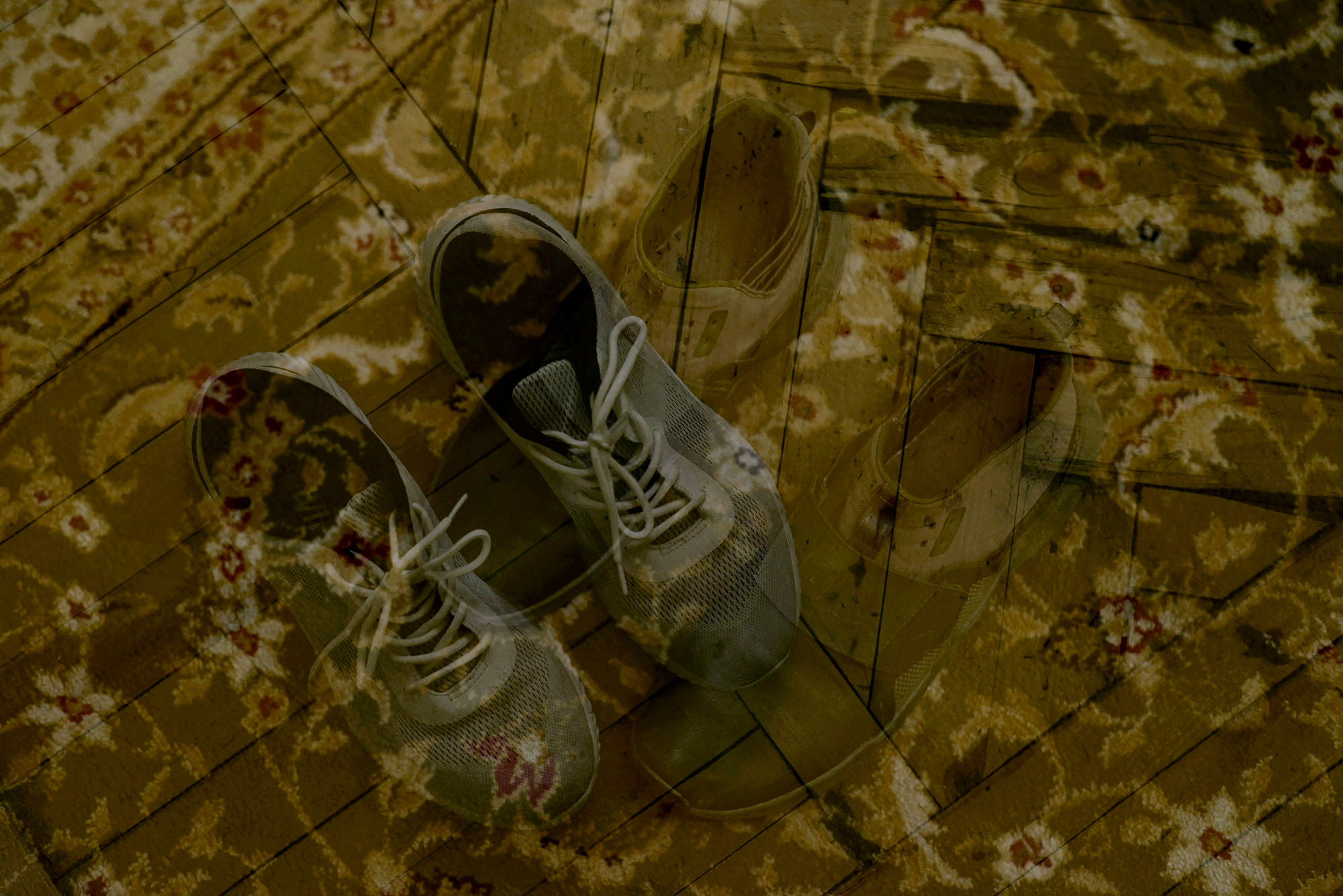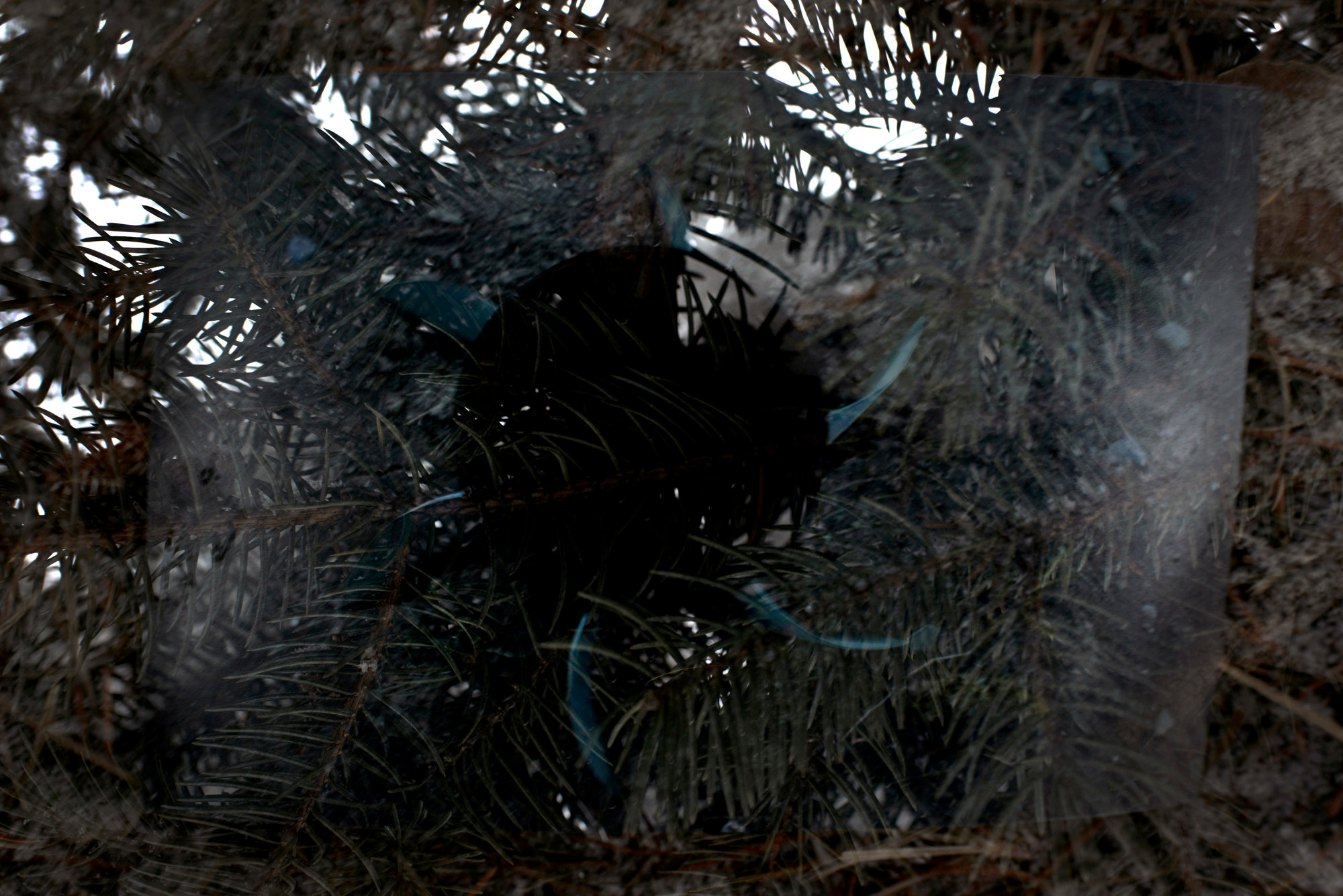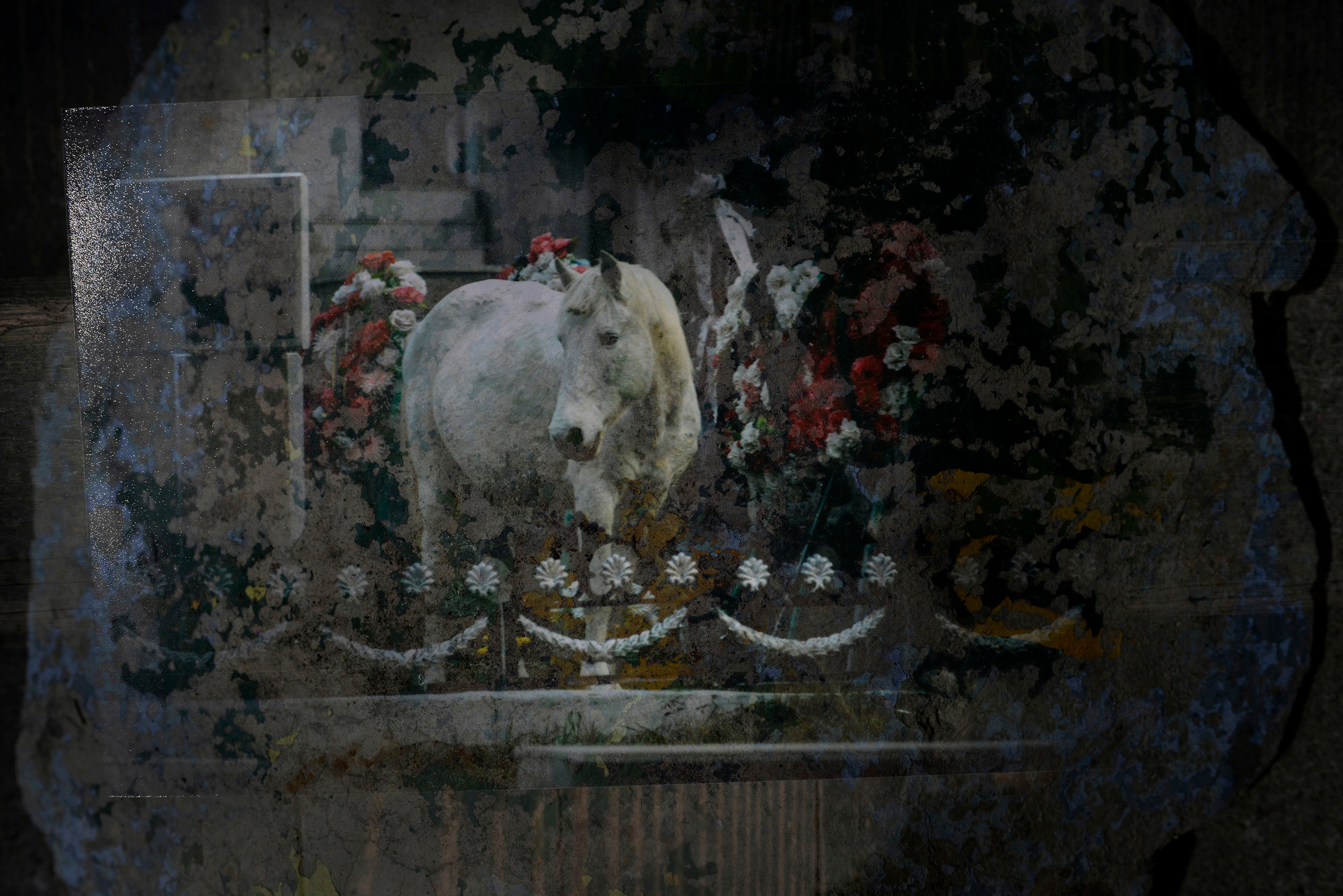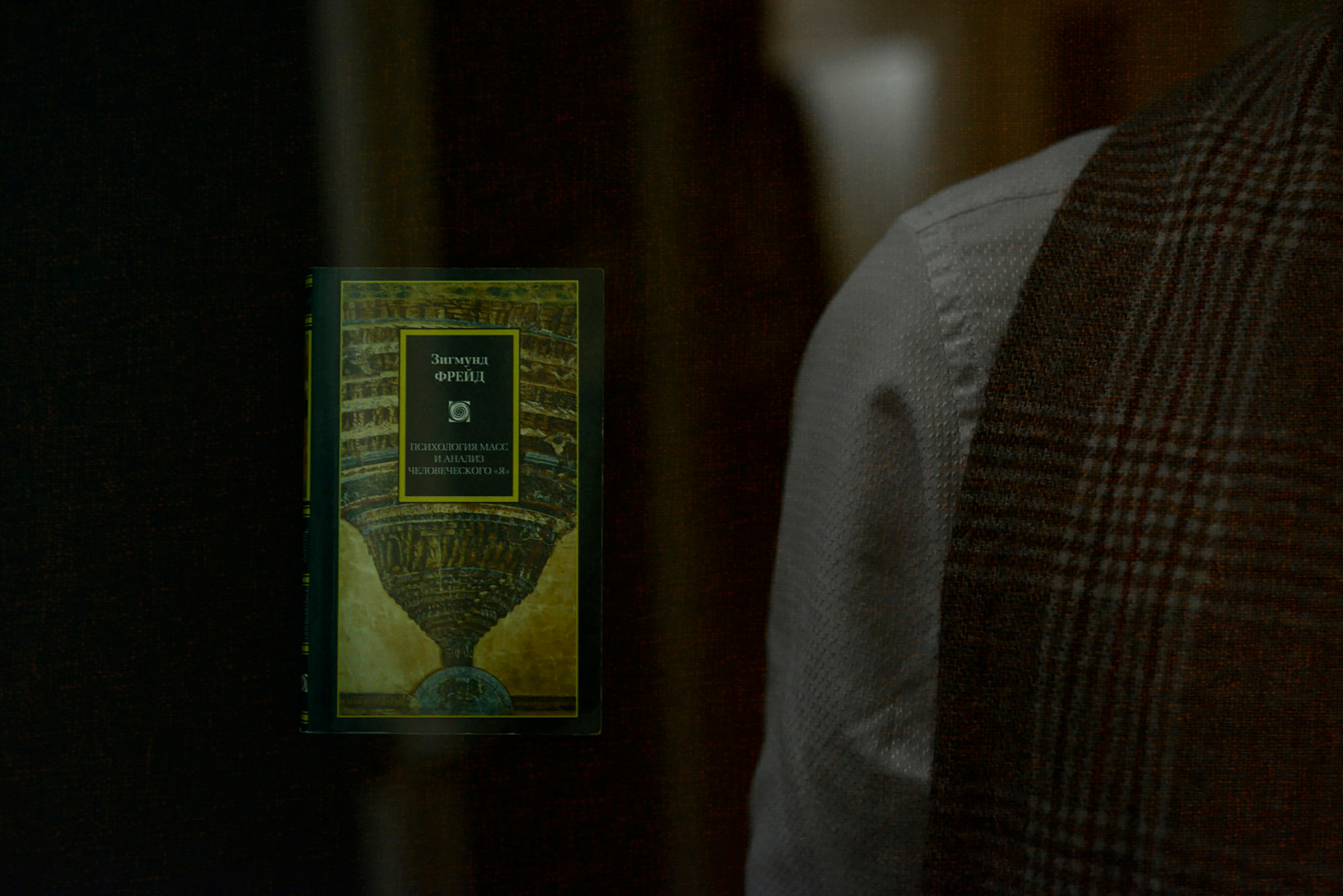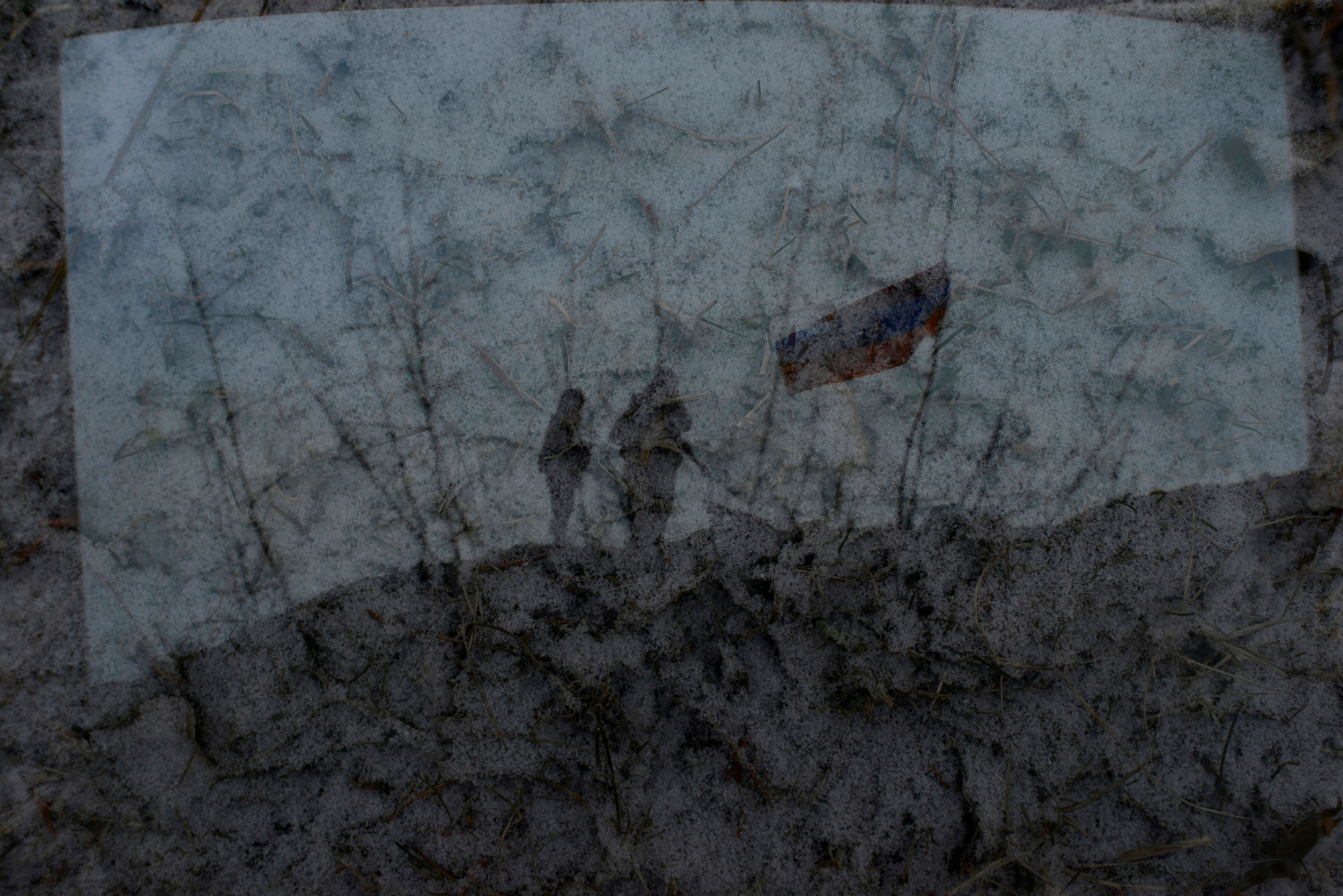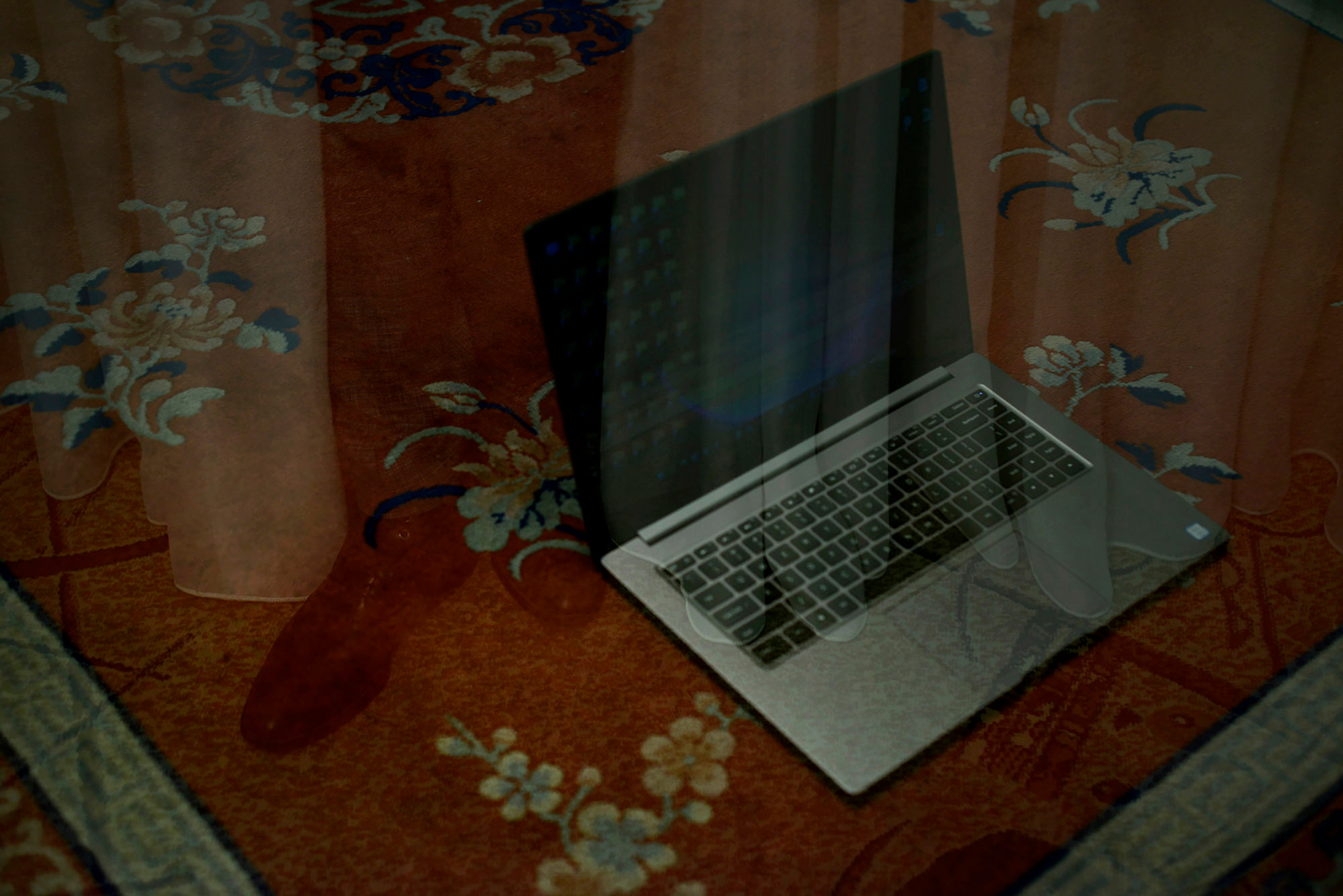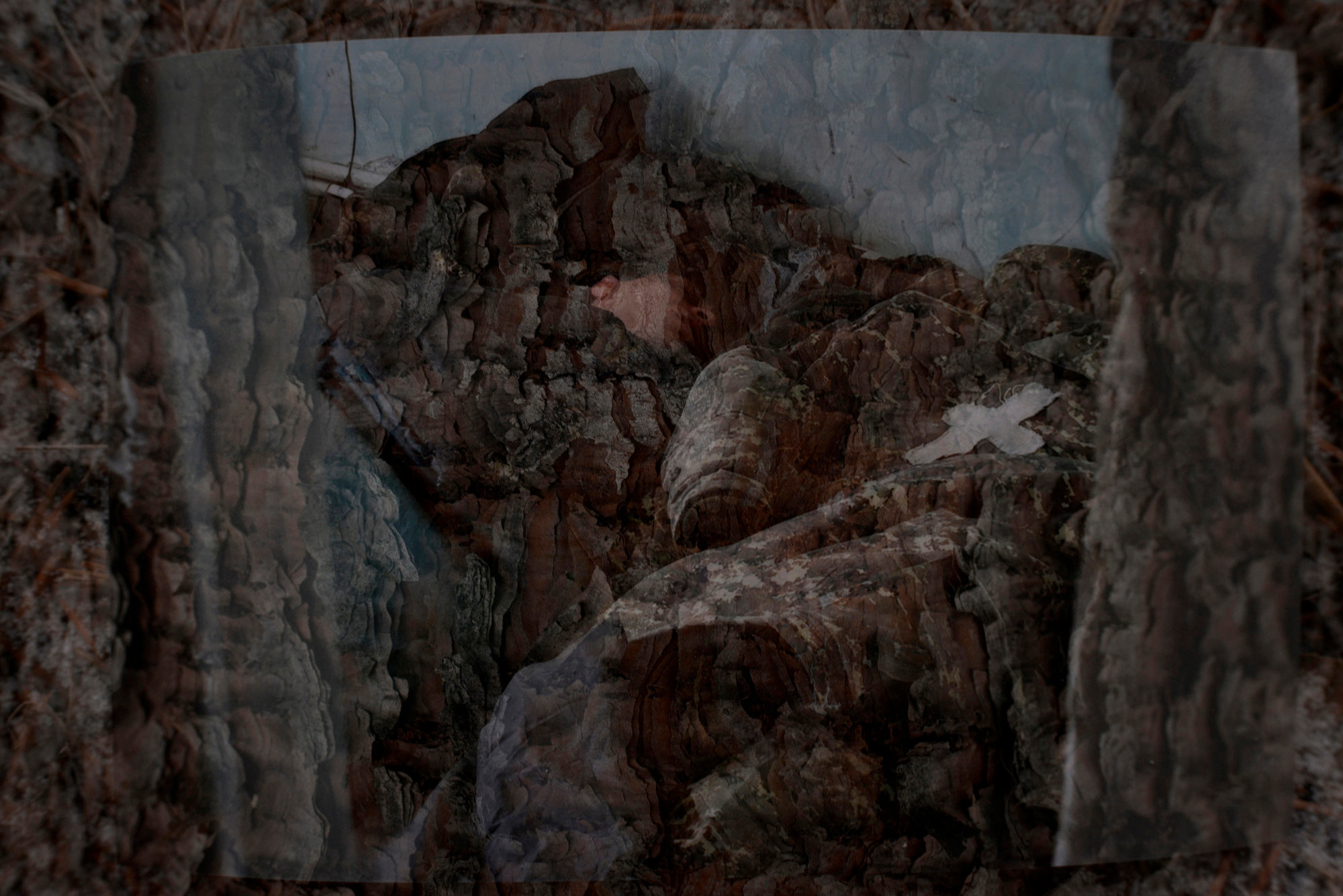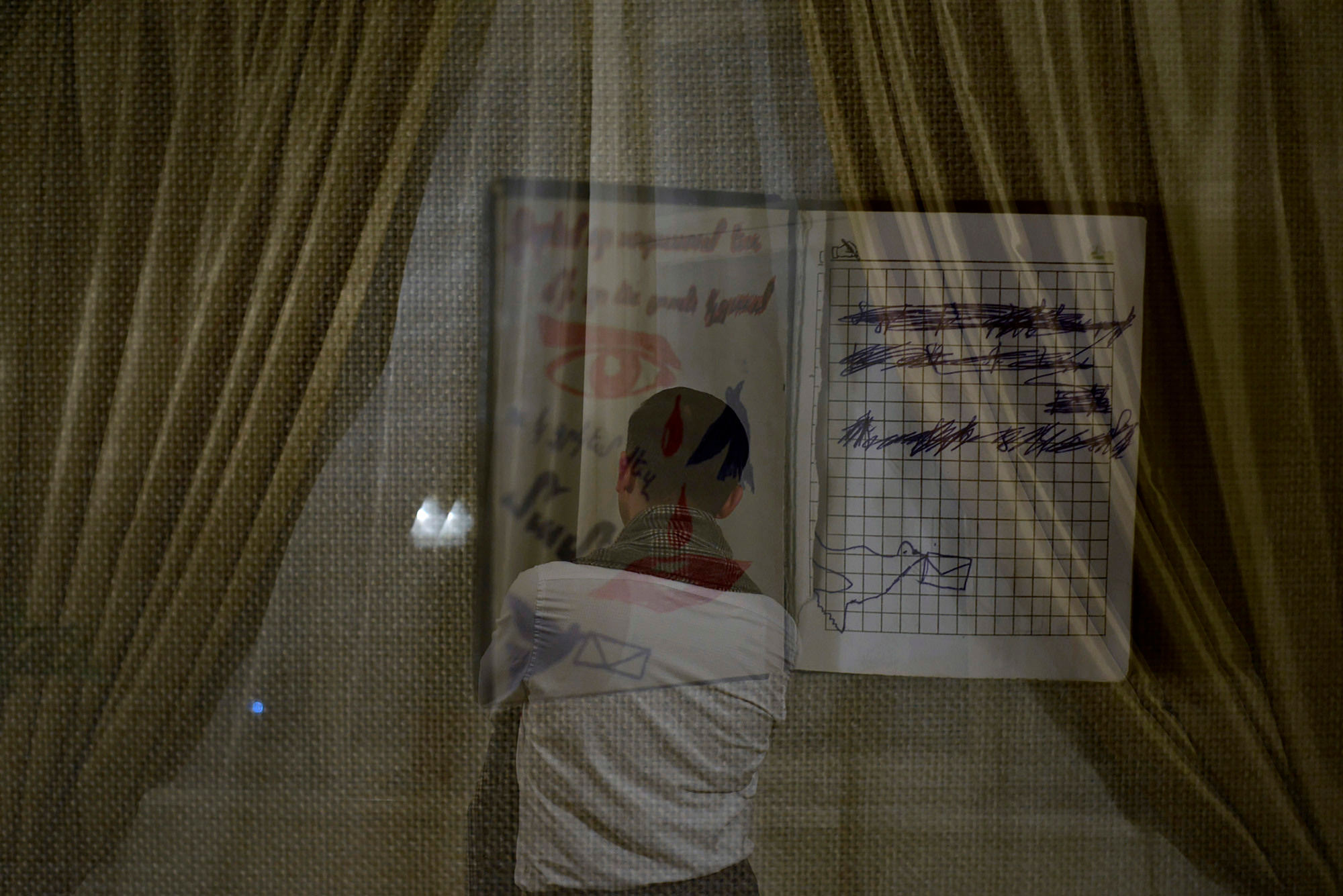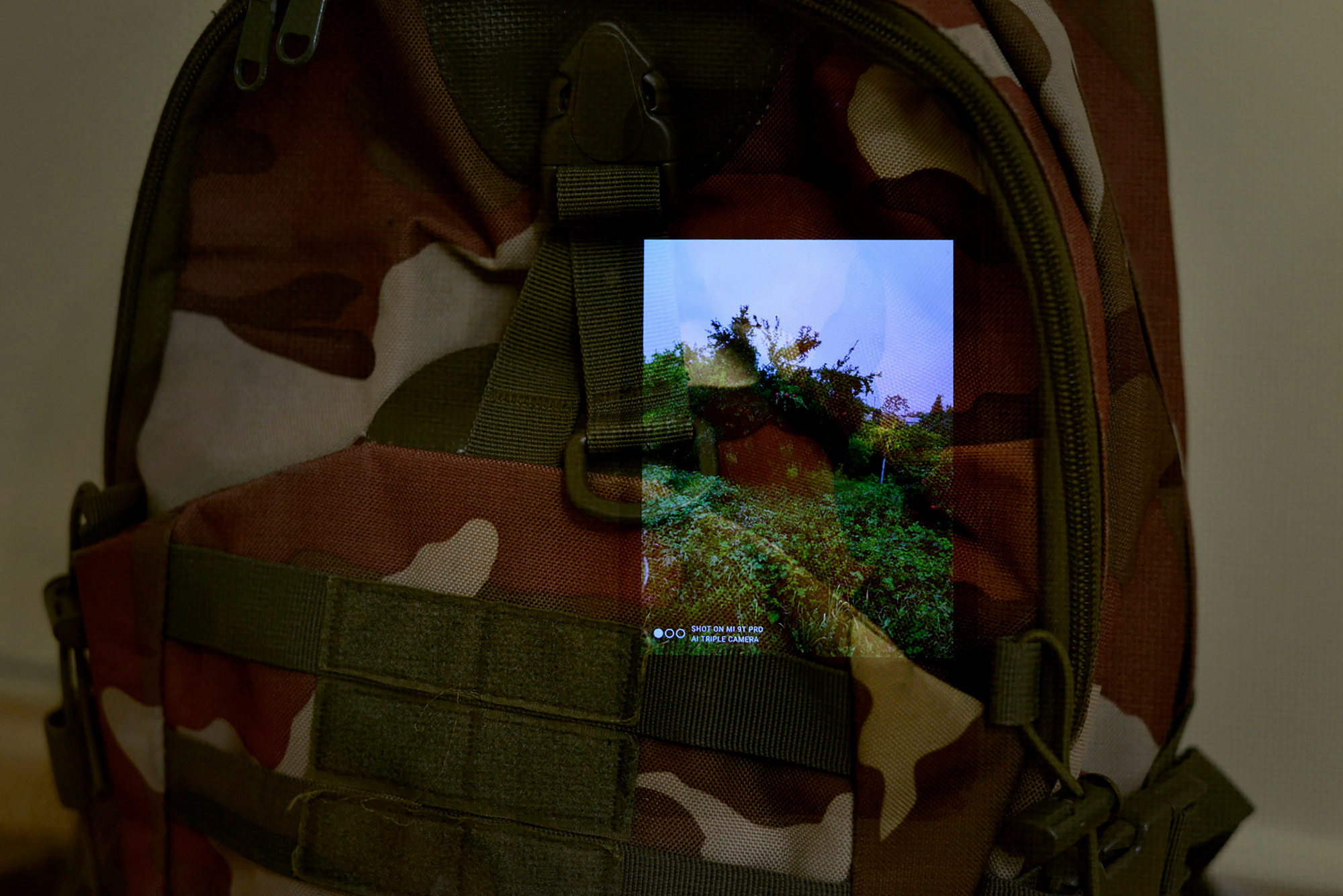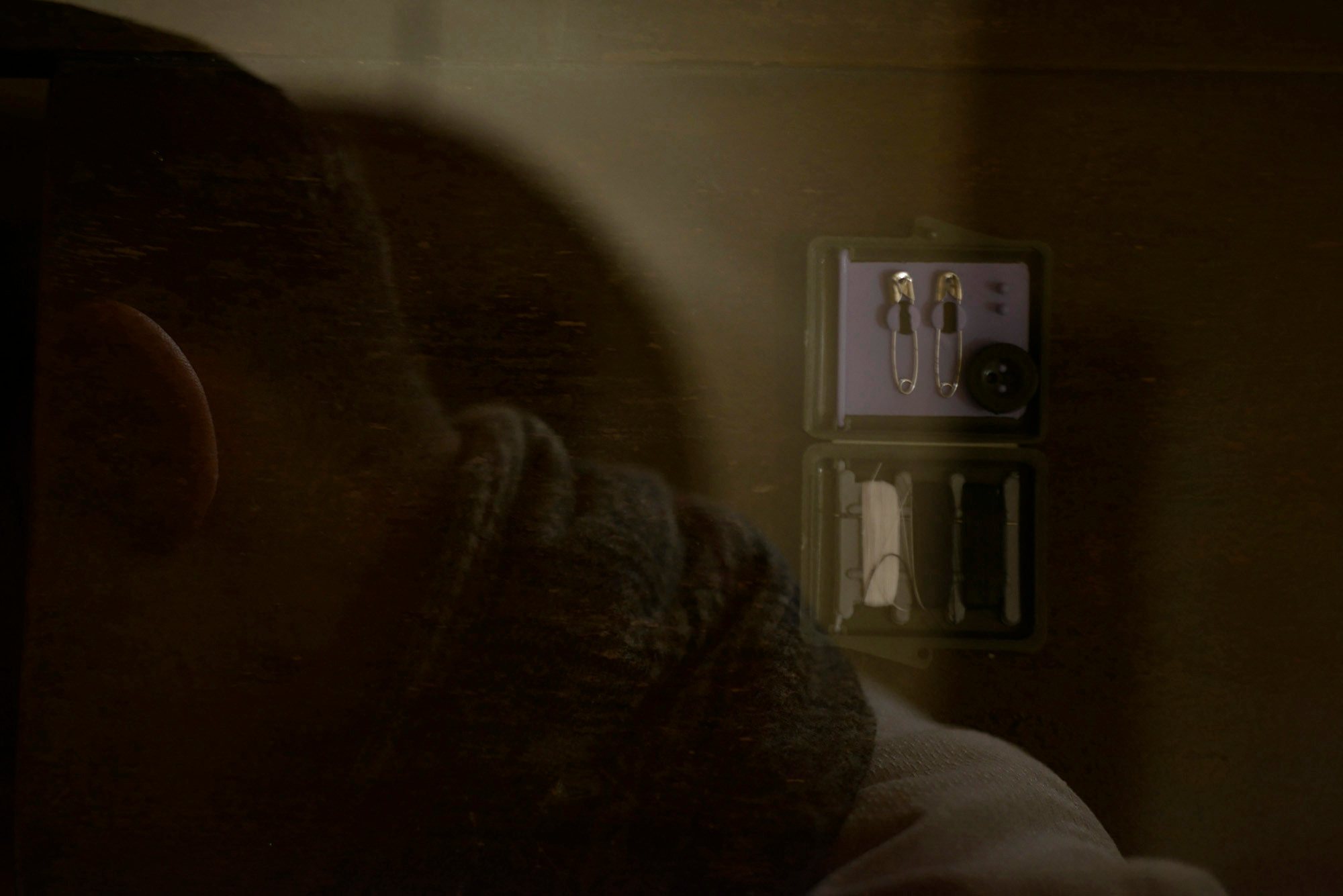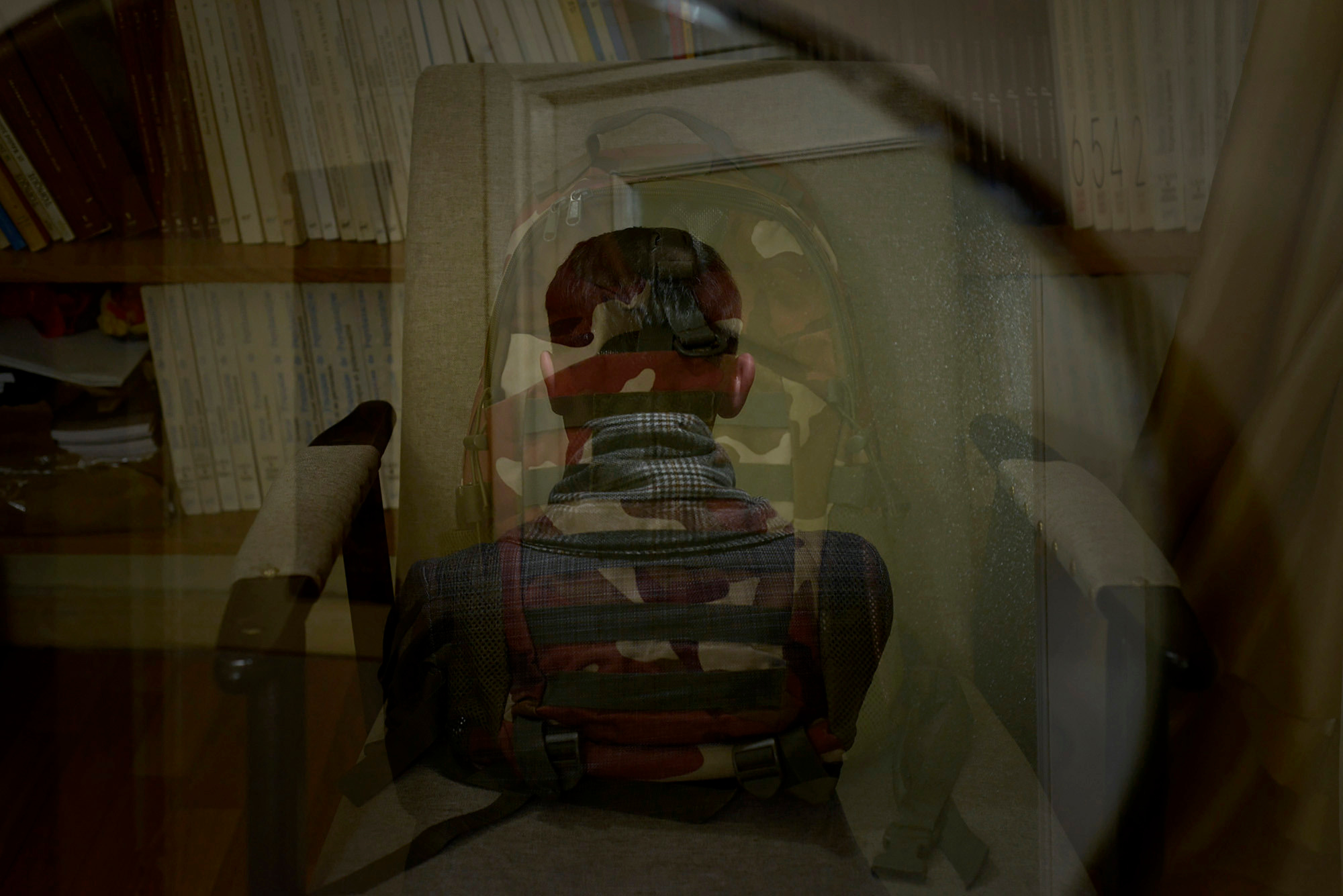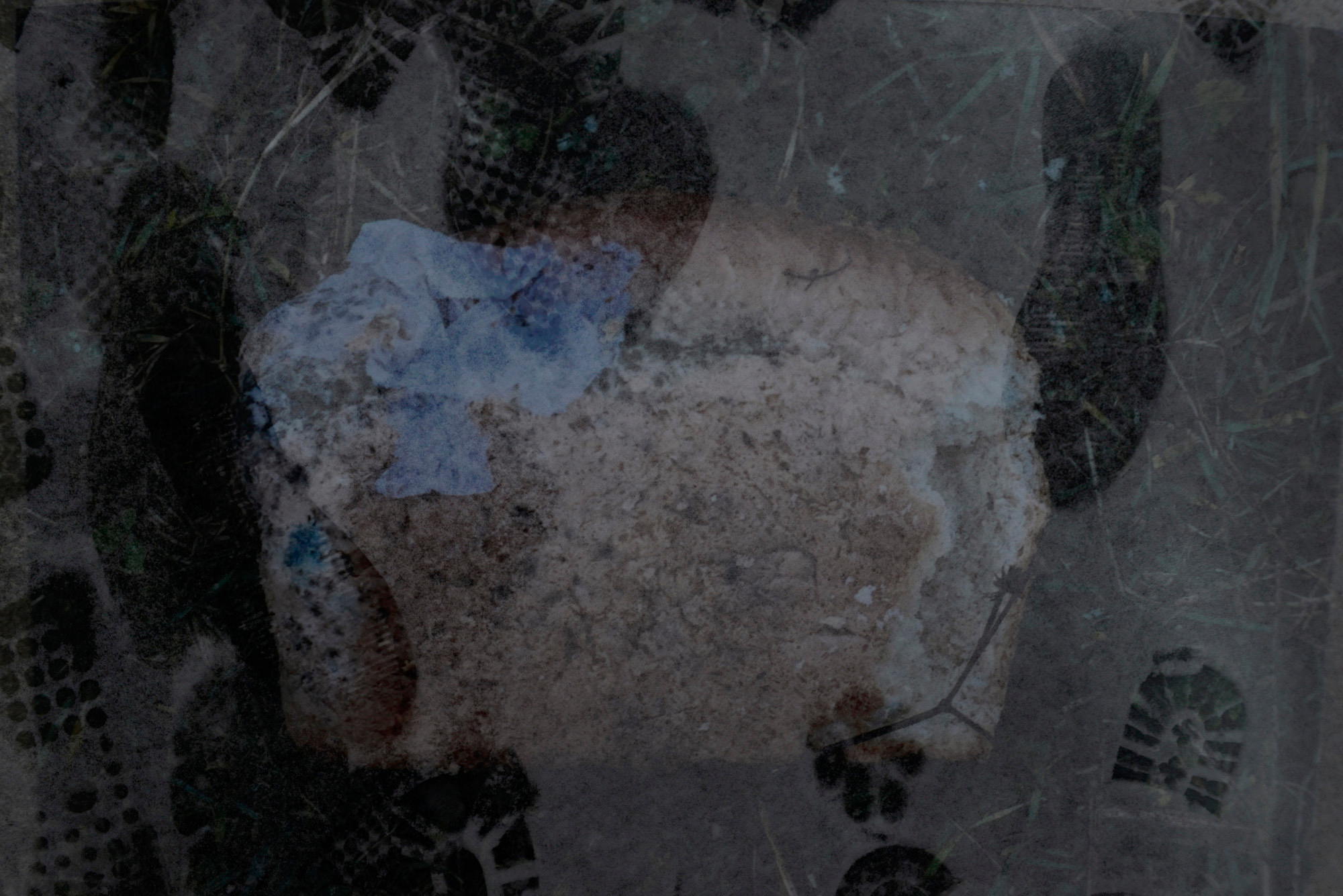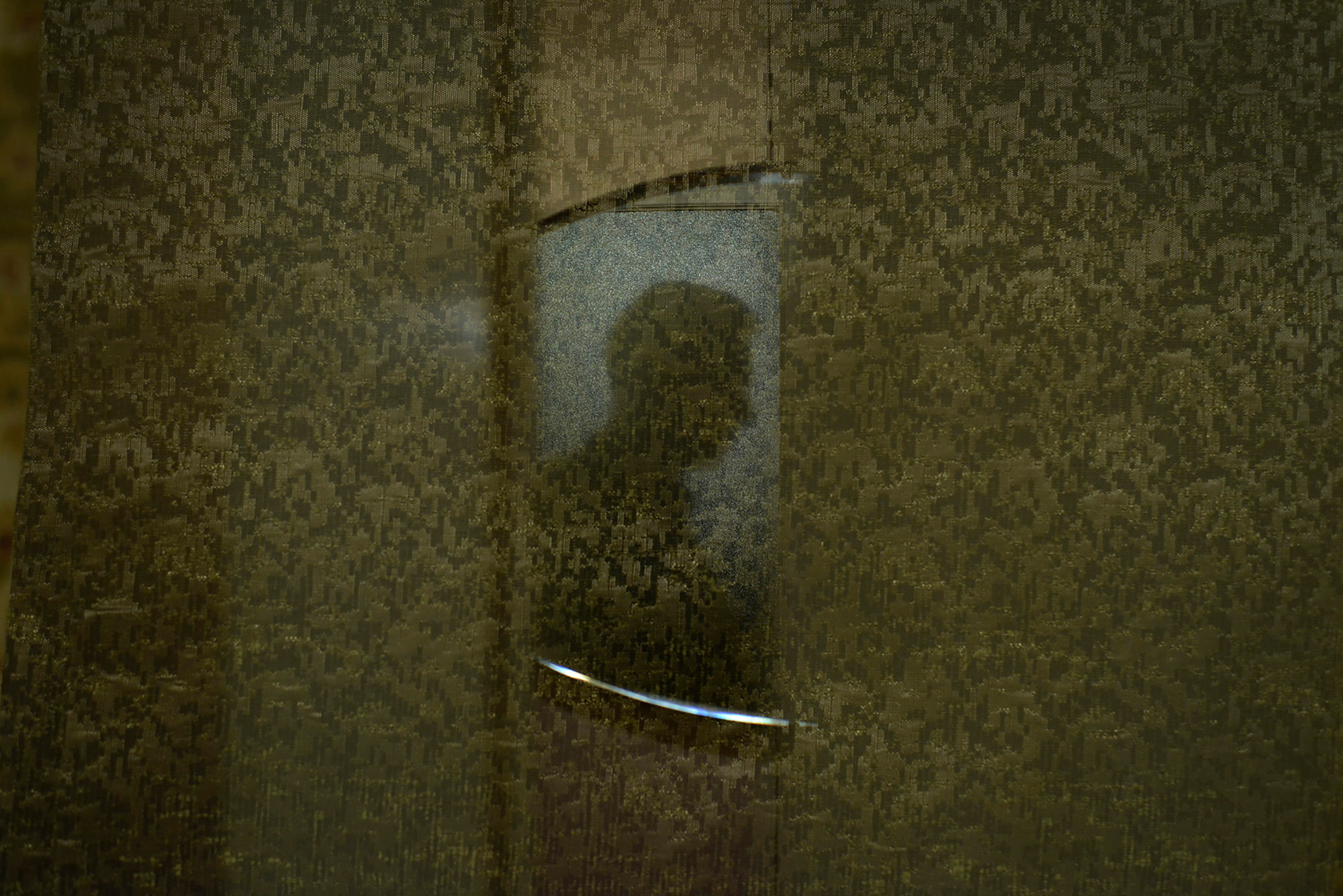A frame outside the frame
My name is Arthur Tonoyan. I am the Executive Director of the Armenian Psychoanalytic Association and work at the Ayg Psychological Services Center, the National Center for Mental Health, and the Nubarashen Psychiatric Hospital as a clinical psychologist.
I started my professional career in 2013. I worked as a child psychologist at Green Floor-Rainbow Garden, and as a clinical psychologist at the Nubarashen Correctional Institute, and the Yerevan-Kentron penitentiary.
I first came into contact with war during the 2016 Four Day April War. It was an unprecedented challenge. I started working with wounded soldiers to provide individual counseling and psychotherapy sessions.
At that time, a group of us decided to create a team that would be specially trained to provide psychological support in war and other disaster situations. We participated in survival courses, as the Ministry of Defense had reported that Armenia lacked the needed number of specialists with those skills in the event of an emergency.
We trained with the Special Forces. We gained a lot of experience, but that was the end of our “psychological career in war”. Professionals did not place enough importance on specializing in this field. Although I myself participated in all the seminars, I did not try to immerse myself too much in military psychology.
On September 27, 2020, I participated in the Nagorno-Karabakh 44-day war on the front line as a psychologist.
Working with grief is important. To this day, one can observe the transgenic transmissions of the destructive memory of the Genocide and the First Nagorno-Karabakh War, and the problems arising from them. Psychological intervention can help to work through grief and the memory associated with it, so that it becomes constructive. During the war, at the end of October, I contacted my psychoanalyst once more, and we resumed our work. I continue to see him.
“Grief is not simply another feeling; it is a fundamental anthropological phenomenon. There is not a single intelligent animal which buries its kinfolk. To bury is, consequently, to be a human being. However, to bury is not to throw away, but to hide and keep. Human grief is not destructive (forget, break away, distance) but constructive; its job is not to scatter, but to gather, not to destroy, but to create — create a memory.”
- Fyodor Vasilyuk
